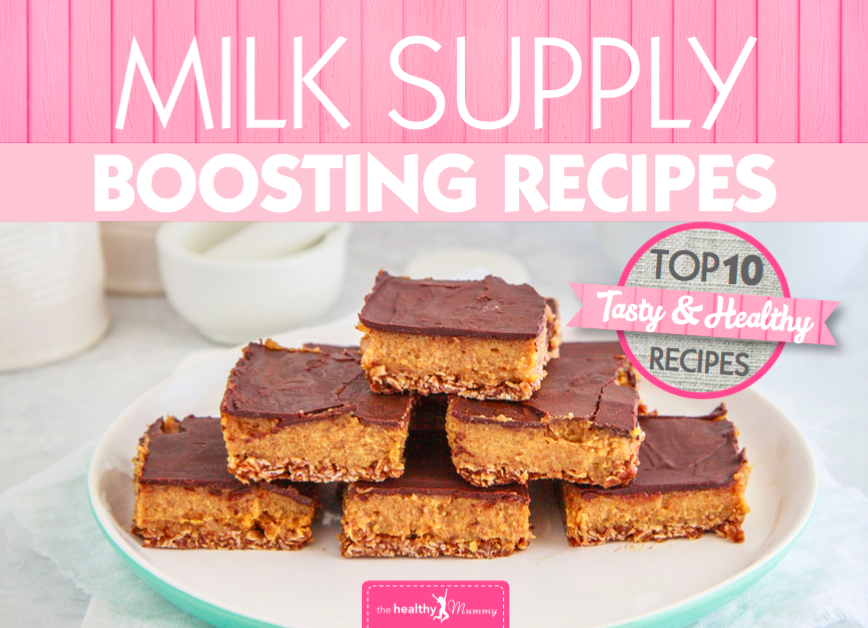It is normal to feel anxious, sad, or tired at times, especially if you are struggling with breastfeeding, but post partum depression is different. It may make you feel like you are not a good mum, like you are in despair, or that you are not in control.
The signs of post partum depression are different for every mum, but can include:
1. Risk taking behaviour.
2. Out of charachter behaviour.
3. Morbid ideas and statements like “They’d be better off without me”, or “I wish they’d never been born”.
4. Bizarre thoughts. Strange speech.
5. Talking about harming the baby or self harm.
6. Crying.
7. Changes in eating patterns for mum.
8. No joy.
9. Loss of self esteem.
10. Lack of interest in life.
11. Sleep issues unrelated to babies sleep.
A woman with a history of anxiety, depression, especially during pregnancy is at a higher risk of Postpartum depression and needs more support around her.
Some women may find breastfeeding a source of angst, and could be encouraged to give up as a way to solve this. However, stopping breastfeeding is actually associated with greater feelings of depression and anxiety. These women are most likely to stop breastfeeding after 6months.
Mums less resilient to stress find the changes in hormones after birth more difficult to cope with, and have higher levels of stress hormones. These can interfere with breastfeeding, and lower levels of oxytocin (which stimulate it) which may result in a struggle to produce breast milk.
Stress management such as mindfulness, mediation, and yoga can help. Encouraging more oxytocin by surrounding yourself with love and gratitude will also help.
Women at risk of postpartum depression need a greater support network to prevent this from occurring. During pregnancy,he risks of postpartum depression should be made known to them and their family as well the signs to look for.
They should have access to lactation consultants for greater assistance with feeding issues. Natural medicine can be useful with postnatal depression. Some herbs are also safe to take during breastfeeding and will help stabilise moods and reduce feelings of depression and anxiety.
Your doctor is also able to prescribe medications that can be taken whilst breastfeeding.
A 2012 study showed that while post partum depression reduces the amount of breastfeeding women, the opposite also occurs, and breastfeeding reduces the risk of post partum depression. Encourage women as much as possible to breastfeed! Stop the shaming of women breastfeeding in public, and rejoice the amazing power that we have as new mums to not only feed our babies and help them grow, but to keep ourselves happier and healthier!
Cheree Sheldon, Healthy Mummy Nutritionist
At the Healthy Mummy we support ALL forms of feeding your baby. Although we believe that ‘breast is best’ we do understand that not all mums are able to breastfeed or chose not to breastfeed, and as long as both mum and baby are happy and healthy we also support all forms of feeding.
If you are having trouble breastfeeding and would like some support we encourage you to contact the Australian Breastfeeding Association.
If you’d love to recipe our FREE MILK BOOSTING recipe ebook, then just pop your details in below and it will be in your inbox within minutes.
Did you know that The Healthy Mummy Smoothies are safe for breastfeeding and recommended by doctors, midwives, nutritionists and 9 out of 10 mums.
Plus you can download a fact sheet on the smoothies here





